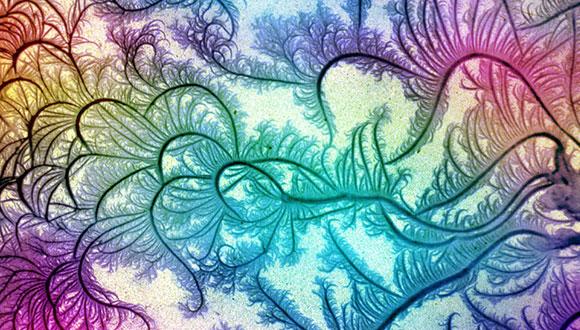Condensed Matter Seminar
Dr. Ohad Shpielberg, College de France
Title:
New directions for diffusive processes: defect formation through a nonequilibrium phase transition, open quantum systems and uncertainty relations in mesoscopic systems
Abstract:
The macroscopic fluctuation theory gives an efficient hydrodynamic description for classical nonequilibrium diffusive systems. In this talk, we would cover how it can be applied and generalised in three directions:
-
Towards a theory for open quantum diffusive systems, comparable to the macroscopic fluctuation theory.
-
Defect formation as a system is (slowly) driven in time through a continuous phase transition can be described by a scaling theory - the Kibble-Zurek Mechanism. The macroscopic fluctuation theory allows to explore the exact evolution of defects for a large set of cases. Thus, we are in a position to go beyond the scaling arguments of the Kibble-Zurek Mechanism.
-
The recently discovered thermodynamic uncertainty relations define a transport efficiency in thermal systems showing that the mean current, current fluctuations and dissipation are intimately linked. Here we will briefly show how this idea can be extended to (athermal) mesoscopic coherent processes.
Event Organizer: Dr. Moshe Ben Shalom


